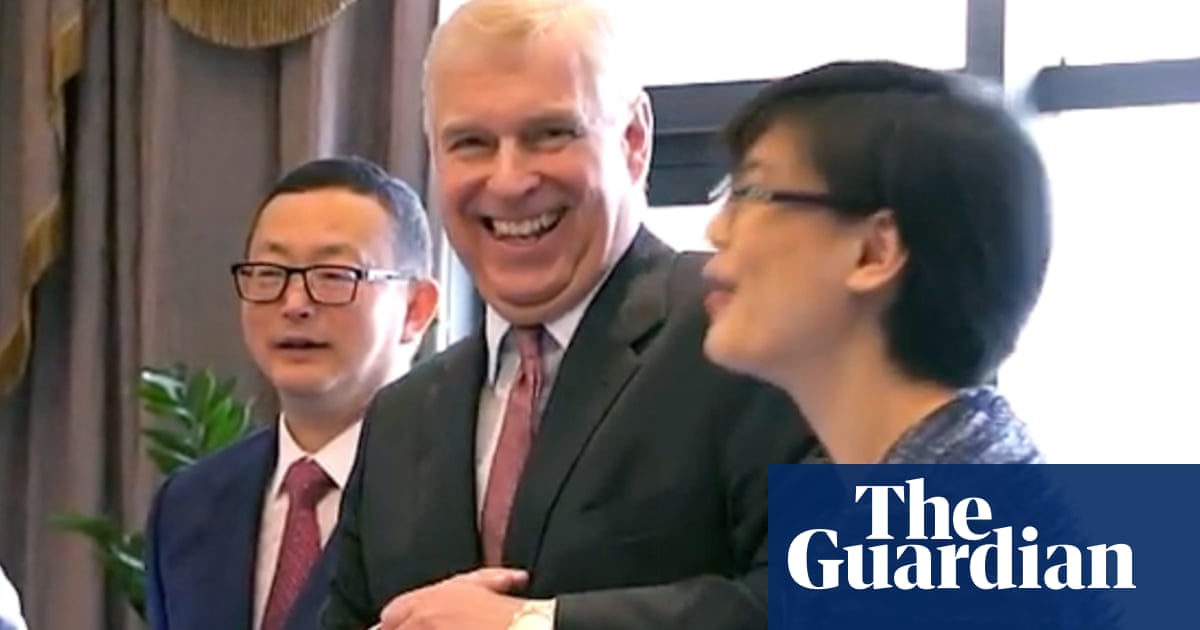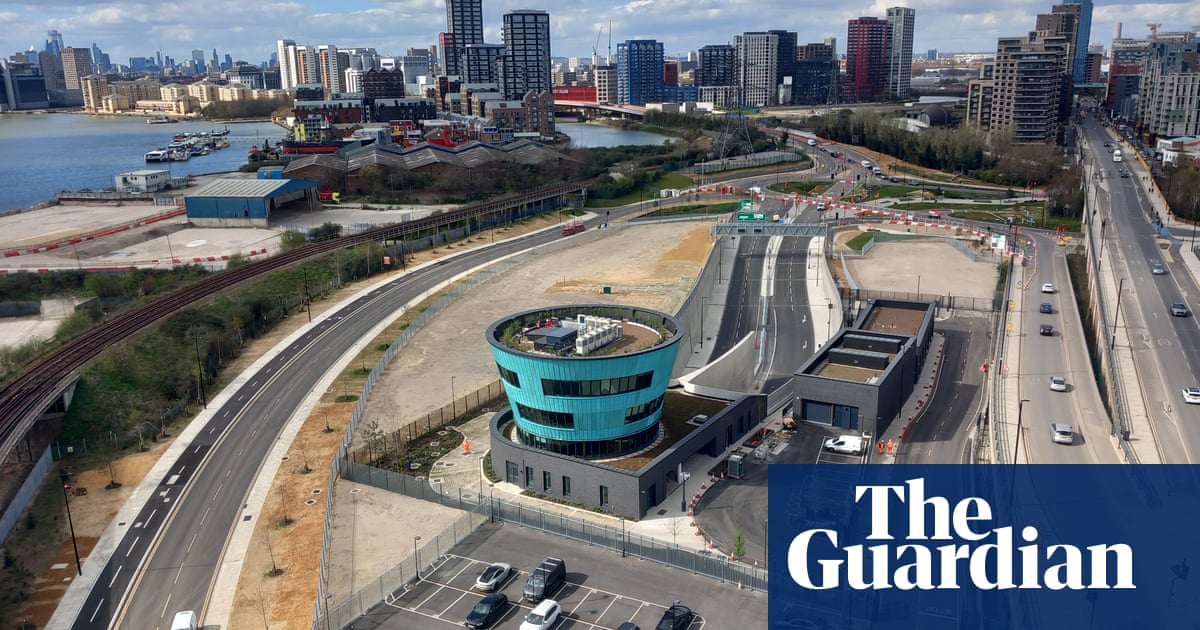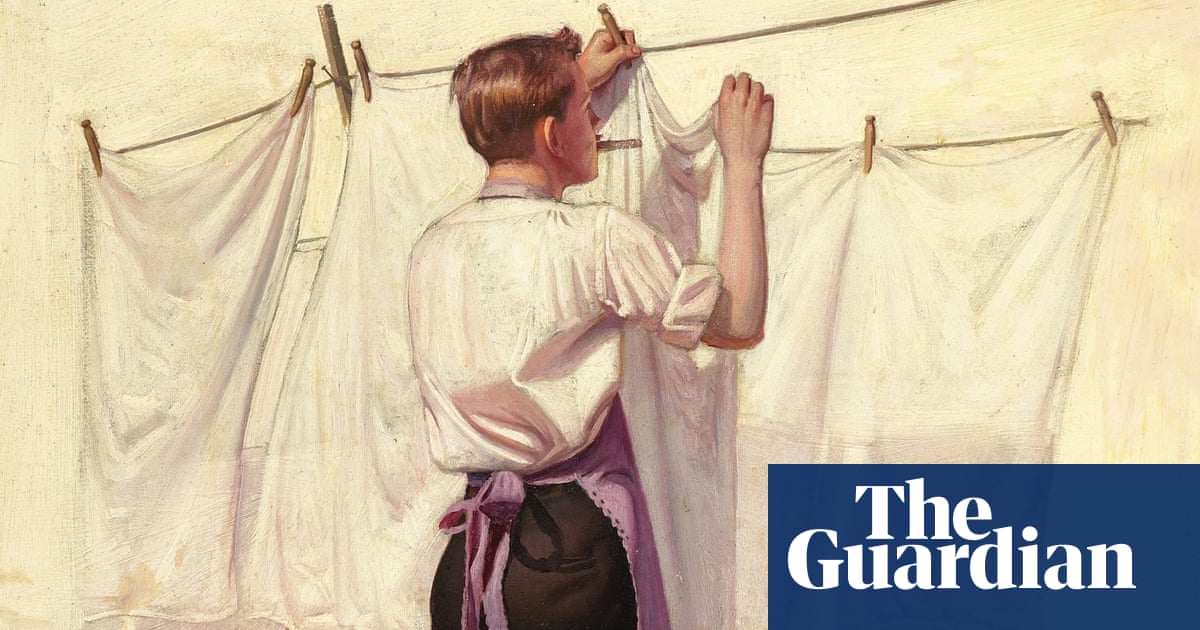As it nears its 20th anniversary next year, PinkNews should be celebrating a period that has seen remarkable progress for some but not all LGBTQ+ people in Britain.
Instead, the future of the world’s largest LGBTQ+ website looks uncertain after multiple allegations of sexual misconduct were made against Benjamin Cohen and Anthony James, the couple who run the outlet.
The website, set up in 2005 when Cohen was the Channel 4 News technology correspondent, has, at times, wielded its influence for positive change in British LGBTQ+ life. It was part of a successful campaign to legalise same-sex marriage, and the outlet’s dogged reporting pressed Stonewall into campaigning on transgender issues at a time when the rights group refused to do so.
Its reputation as an authoritative voice for the LGBTQ+ community has drawn a number of high-profile supporters. Six former prime ministers, including Tony Blair, Theresa May and Boris Johnson, have written for the website. Richard Branson, David Cameron and Alex Salmond are among those who have been honoured at the publication’s annual awards.
Now the mood has soured. Last week, Downing Street called the claims against Cohen and James “very concerning” and James was suspended from his role at the Bedfordshire hospitals NHS foundation trust.
The potential downfall of an influential title that bills itself as a safe space for LGBTQ+ journalists has caused dismay and sparked wider fears about the state of queer media in the UK.
“It’s horrific to hear these allegations, especially for the journalists working there. There’s not many LGBTQ+ publications in the UK, especially ones with this sort of financial backing and influence,” said investigative journalist Finbarr Toesland.
Last year, Toesland authored a study, commissioned by the Sir Lenny Henry Centre for Media Diversity (LHC) at Birmingham City University, that found LGBTQ+ journalists face an increasingly hostile environment in the UK. Seventy-eight per cent of those surveyed agreed that it is becoming more dangerous to be an LGBTQ+ journalist in the UK.
“I was quite surprised at the time to hear their experiences and how challenging they had found it. There was one example of a journalist who was working in sports media. When they walked into a press briefing, they overheard someone say: ‘That’s that gay journalist from x publication.’ There are examples of people feeling singled out because of their sexuality and facing homophobic abuse,” he said.
Online abuse is a particular challenge. Toesland said some out LGBTQ+ journalists are pigeonholed by their bosses and forced to cover stories that make them a target on social media.
“If you want to have good reporting on LGBTQ+ issues, you need to make it safe for journalists to carry out that work. There have to be structures in place to make sure that journalists are protected and they themselves know they have the backing of their publications.”
The turmoil at PinkNews, which is one of the increasingly few profitable digital media outlets, comes as the wider LGBTQ+ media industry faces a downturn. Gay Star News, a UK-based website focused on reporting global LGBTQ+ issues, has been offline since last September. Gay Times ceased its print magazine in 2021 and has pivoted to a digital-only operation.
“Losing any large LGBTQ+ media organisation is bad. If you’re a young queer journalist who wants to work in LGBTQ+ media, or tell stories you feel are really urgent and vital, where are you going to do it? These platforms are not available, especially if you’re just starting out,” said Toesland.
Digital media more broadly has faced turbulent times. Some of the most prolific digital titles of the 2010s have closed recently, including Vice.com, BuzzFeed News and gal-dem, which produced work by women of colour and non-binary people of colour.
Last year, more than 8,000 journalists in the UK, US and Canada were let go. Black journalists have spoken about the impact these closures have had on their workloads, editorial freedom and ability to make a living while remaining in the media.
after newsletter promotion
In an industry that had long been hegemonic, these outlets gave journalists from underrepresented backgrounds a long-absent platform to kickstart their careers. There are fears that, without them, the industry is reverting back to its old ways.
“We’ve seen a deluge of independent news and media organisations serving underrepresented communities, both in the UK and globally, forced to reduce operations or shutter entirely because the environment is just too challenging to survive in,” said Suyin Haynes, a lecturer in journalism at City St George’s, University of London, and the former head of editorial at gal-dem from 2021 until its closure in 2023.
She said “slashed funding, the precarity of revenue models once thought to be infallible, changing trends in audience consumption and the advent of AI” had contributed to this.
As a result, she said, the stories of underrepresented groups were “going untold”. For journalists looking to report on marginalised communities, there are increasingly fewer opportunities to do so.
“A shrinkage in the spaces where such stories are told means it can be even more difficult to get your foot in the door. For more established journalists, reduced resources means it is now that much harder for pitches to get commissioned.”
Some UK newsrooms have hired reporters covering underrepresented communities, but challenges around retention and hiring more entry-level journalists from underrepresented groups still remain. Despite the downward turn of digital media, Haynes is still optimistic for the future.
Younger generations are increasingly turning to independent content creators for news, which could enable a new generation of digital journalists to bypass traditional outlets and make a name for themselves on social media.
“What’s really encouraging is the innovation and entrepreneurship that the changing landscape has fostered among journalists and storytellers from underrepresented backgrounds,” said Haynes. “But this has to be coupled with significant systemic change and support.”
On Tuesday, Cohen and James responded to the allegations made against them. In a statement, the pair said that they had made a “criminal complaint to the police in relation to alleged offences committed against [them] that are connected with these recent reports” in August. They added that they told the BBC the claims were “strenuously denied” when the broadcaster put the allegations to them but had been advised against issuing a comment because of the stage the police investigation was at.

.png) 3 months ago
29
3 months ago
29













































